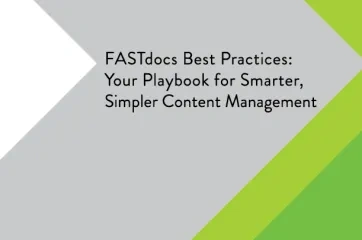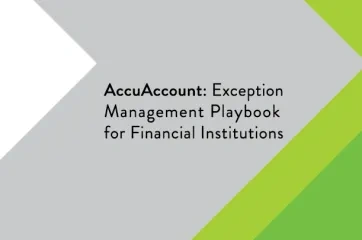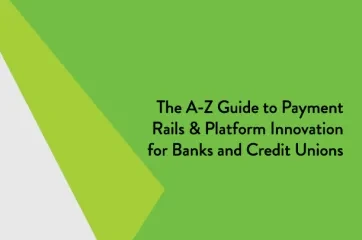Trailing Documents
In lending, trailing documents are items needed for the loan file that lag behind the consummation date. Banks and credit unions should proactively identify the documents that are needed for a particular account, take steps to secure them, and track that they have been received. Trailing documents can be categorized as either initial or ongoing.
Initial Trailing Documents
Some trailing documents are related to the establishment of the loan. Many of these only need to be collected once, such as:
- Deed of trust, which must be filed and received
- Title policy on a real estate loan to insure the financial institution’s lien position
- Car title, which may take as long as 30 to 45 days to receive
Ongoing Trailing Documents
Some trailing documents are required on an ongoing basis for either compliance purposes or to ensure repayment viability, including:
- Financial statements
- Tax returns
- Rent rolls
- Accounts receivables
Tracking Trailing Documents
In order to efficiently track trailing documents, it’s ideal to use a system that automatically flags items as being needed—identifying them as exceptions, so users can promptly follow up and then mark them as received. Some banks and credit unions rely on their core system or spreadsheets for this process. Others use a document management system like AccuAccount, which combines the power of imaging and exception reporting.
Regardless of the technology that is utilized, the system should make it easy for the bank or credit union to recognize that a title policy, for example, is needed but missing. Once scanned in, the title policy can be easily marked by the user as received. Predetermined grace periods should allow ample processing time before missing trailing documents appear on an exception report. Generating reports of upcoming exceptions makes it easier to stay ahead of potential issues and contact customers in advance of an item’s expiration.
Trailing Document Resources
For more information on managing documents, be sure to check out our extensive resource library with free spreadsheets, whitepapers, and eBooks.
Browse our banking definitions page for more terminology.







